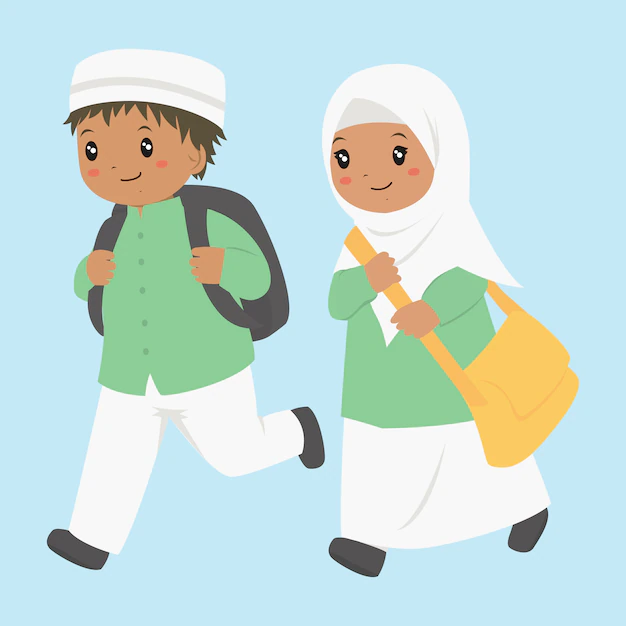Al-Noor School Summer Camp
Islamic summer camps are organized programs that provide opportunities for Muslim children and youth to come together and engage in various educational, recreational, and spiritual activities within an Islamic framework. These camps aim to create an environment where participants can learn about their faith, develop a sense of community, and have fun.
Activities at Islamic summer camps can vary depending on the specific camp and its focus. Here are some common features and activities that you might find in an Islamic summer camp:
Islamic Education: Camps often provide structured learning opportunities where participants can deepen their understanding of Islam. This can include Quranic studies, learning about the life of Prophet Muhammad (peace be upon him), studying Islamic history, and exploring Islamic values and ethics.
Prayer and Worship: Camps typically have designated spaces and times for daily prayers, and participants are encouraged to engage in congregational prayers and maintain their spiritual routine.
Quran Memorization: Some camps may offer Quran memorization programs, providing guidance and support to participants who wish to memorize portions of the Quran.
Islamic Workshops: Workshops are conducted on various topics, such as Islamic art, calligraphy, Islamic ethics, Islamic finance, and contemporary issues faced by Muslim communities.
Sports and Recreation: Camps often include sports and recreational activities, such as swimming, soccer, basketball, hiking, and team-building exercises. These activities promote physical fitness, teamwork, and healthy competition.
Arts and Crafts: Islamic summer camps may incorporate arts and crafts sessions where participants can engage in activities like painting, calligraphy, ceramics, and creating Islamic-themed artwork.
Social and Personal Development: Camps often focus on fostering personal growth, leadership skills, and character development. Participants may engage in group discussions, team-building exercises, and workshops on topics like communication skills, conflict resolution, and self-confidence.
Outdoor Activities: Depending on the location, camps might offer outdoor adventures, such as nature walks, camping, canoeing, or other outdoor activities that promote an appreciation for the environment.
Cultural Exchange: Islamic summer camps sometimes host activities that promote cultural exchange and understanding among participants. This can include sharing traditions, cultural performances, and discussions on multiculturalism and diversity.
Evening Programs: Camps usually organize evening programs that include recreational activities, talent shows, storytelling, bonfires, and spiritual reflections to create a sense of camaraderie and relaxation.
Islamic summer camps are not only an opportunity for young Muslims to deepen their knowledge and connection with Islam but also to build friendships, strengthen their identity, and create lasting memories in a supportive and nurturing environment.

Islamic Center Of Northland
Al-Noor School
Summer Camp
